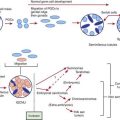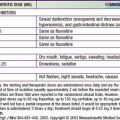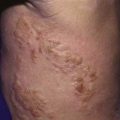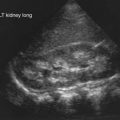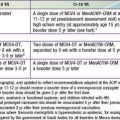Chapter 509 Henoch-Schönlein Purpura Nephritis
Henoch-Schönlein purpura (HSP) is the most common small vessel vasculitis in childhood. It is characterized by a purpuric rash and commonly accompanied by arthritis and abdominal pain (Chapter 161.1). Approximately 50% of patients with HSP develop renal manifestations, which vary from asymptomatic microscopic hematuria to severe, progressive glomerulonephritis.
Butani L, Morgenstern BZ. Long-term outcome in children after Henoch-Schönlein purpura nephritis. Clin Pediatr. 2007;46:505-511.
Coppo R, Amore A. Henoch-Schönlein purpura. In: Avner ED, Harmon WE, Niaudet P, et al, editors. Pediatric nephrology. ed 6. Heidelburg, Germany: Springer-Verlag; 2009:1111-1126.
Mir S, Yavascan O, Mutlubas F, et al. Clinical outcome in children with Henoch-Schönlein nephritis. Pediatr Nephrol. 2007;22:64-70.
Saulsbury FT. Clinical update: Henoch-Schönlein purpura. Lancet. 2007;369:976-978.
Zaffanello M, Brugnara M, Franchini M. Therapy for children with Henoch-Schönlein nephritis: a systematic review. Sci World J. 2007;7:20-30.

